According to international data, the tourism industry accounts for approximately 8-9% of total global greenhouse gas emissions. Meanwhile, transportation and the operation of accommodation facilities – hotels – are the two largest energy consumers. If sustainable solutions are implemented comprehensively, the industry could reduce emissions by up to 40%.
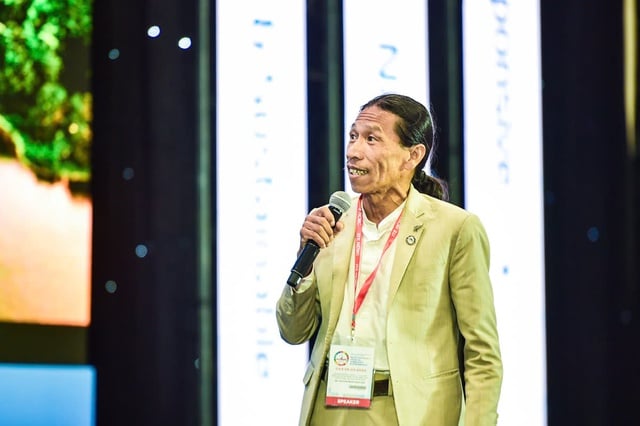
The seminar "Clean Energy in Tourism Development," held on the afternoon of September 5th at the International Tourism Fair (Ho Chi Minh City), attracted significant attention from managers, businesses, and experts.
Independent research by Wifi Talents indicates that hotels implementing smart energy management systems can save 25% on consumption, while green buildings reduce operating costs by 20%. However, in Vietnam, fewer than 10 tourism projects have achieved green certification out of a total of 630 green buildings nationwide, a number far too modest compared to the potential.
Another study shows that 74% of young travelers under 30 prioritize sustainability when planning their trips; over 80% of global travelers want to choose environmentally friendly destinations; and 55-66% are willing to pay more for sustainable services.
"This proves that green tourism is no longer a trend but has become a mandatory requirement. Businesses that take the lead will have a clear competitive advantage," emphasized Ms. Nguyen Thi Thu Ha, Editor-in-Chief of Ho Chi Minh City Tourism Magazine, at the seminar.
Representing the business sector, Mr. Dang Bao Trung, General Director of Focus Travel Group - a company specializing in luxury cruise and river tourism - affirmed that green energy is becoming a fundamental solution for developing sustainable tourism products.
"Nowadays, tourists, especially international visitors, are willing to pay more to experience environmentally responsible services, from using clean energy and reducing plastic waste to participating in nature conservation activities and supporting local communities," Mr. Trung said.
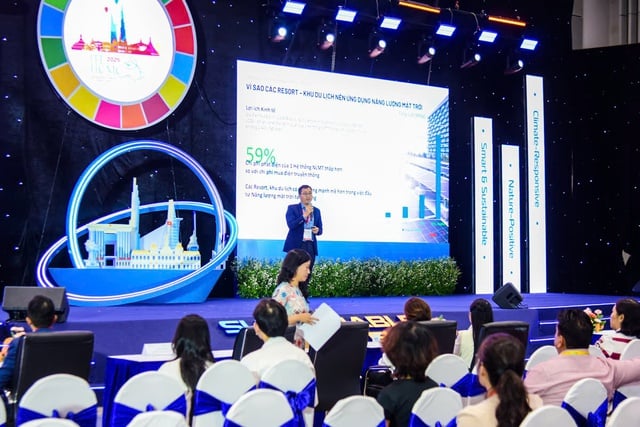
Mr. Bao Trung hopes to develop tourist electric trains to transport tourists, similar to green transportation options like electric cars currently in use.
However, by the end of 2024, Vietnam recorded nearly 9 GW of solar power and 5 GW of wind power, with traditional power still accounting for a large proportion.
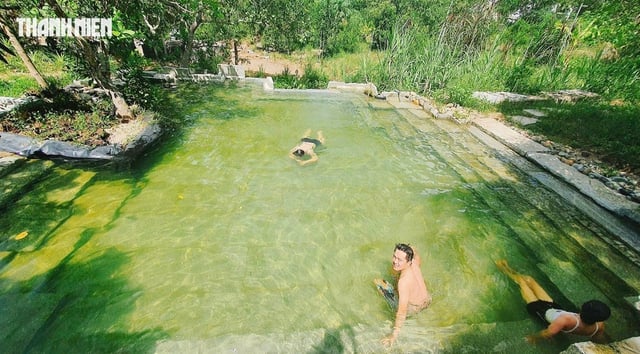
The Little Village tourist area ( Khanh Hoa ), with a space of over 160 hectares, has chosen a green path by steadfastly operating the entire area using renewable energy.
PHOTO: LE NAM
Given that Vietnam ranks 5th globally in terms of climate change impact, adopting clean energy in tourism is no longer an option, but a matter of survival.
Source: https://thanhnien.vn/ca-nuoc-chua-toi-10-cong-trinh-du-lich-xanh-bao-dong-lon-1852509051603116.htm





![[Photo] Closing Ceremony of the 10th Session of the 15th National Assembly](/_next/image?url=https%3A%2F%2Fvphoto.vietnam.vn%2Fthumb%2F1200x675%2Fvietnam%2Fresource%2FIMAGE%2F2025%2F12%2F11%2F1765448959967_image-1437-jpg.webp&w=3840&q=75)

![[Photo] Prime Minister Pham Minh Chinh holds a phone call with the CEO of Russia's Rosatom Corporation.](/_next/image?url=https%3A%2F%2Fvphoto.vietnam.vn%2Fthumb%2F1200x675%2Fvietnam%2Fresource%2FIMAGE%2F2025%2F12%2F11%2F1765464552365_dsc-5295-jpg.webp&w=3840&q=75)


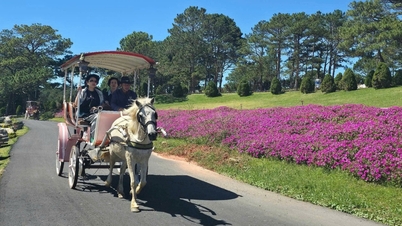




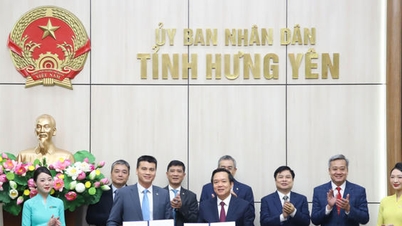





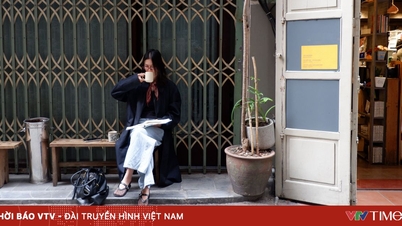




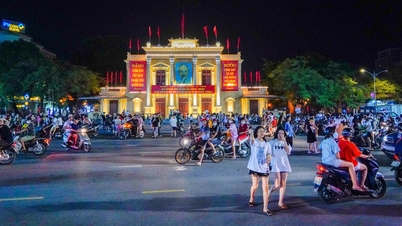









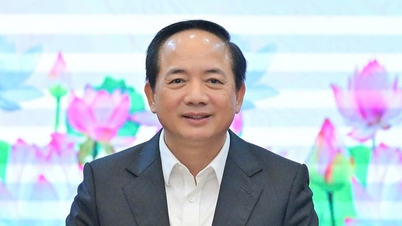






















![[OFFICIAL] MISA GROUP ANNOUNCES ITS PIONEERING BRAND POSITIONING IN BUILDING AGENTIC AI FOR BUSINESSES, HOUSEHOLDS, AND THE GOVERNMENT](https://vphoto.vietnam.vn/thumb/402x226/vietnam/resource/IMAGE/2025/12/11/1765444754256_agentic-ai_postfb-scaled.png)































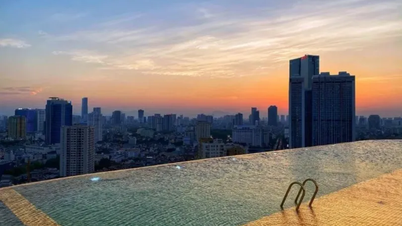















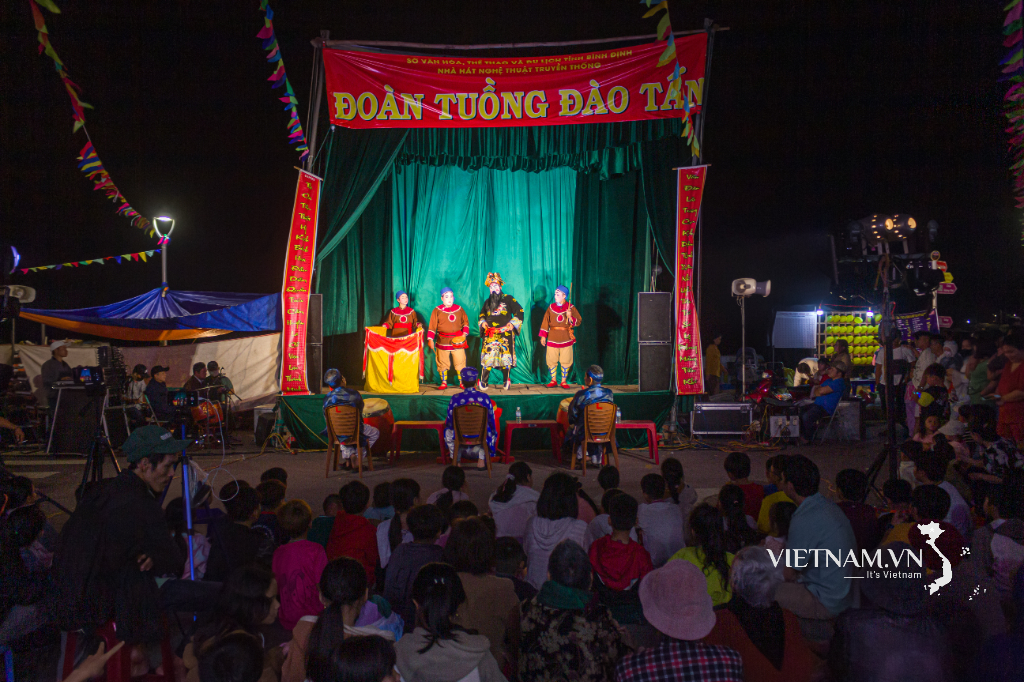

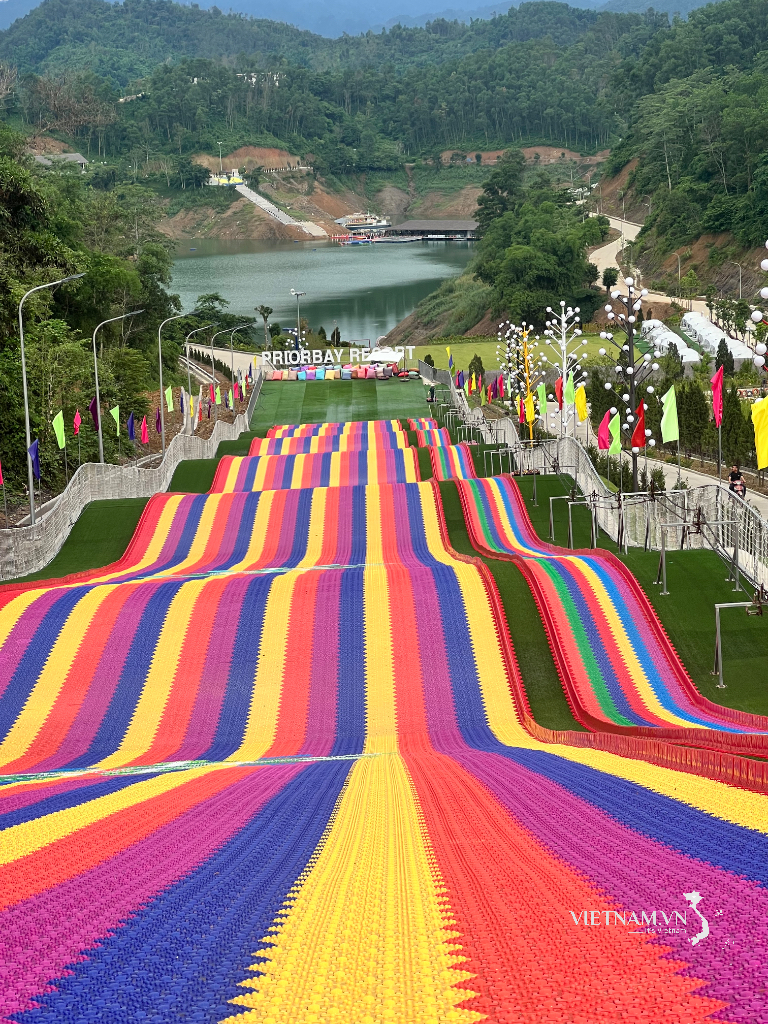

Comment (0)